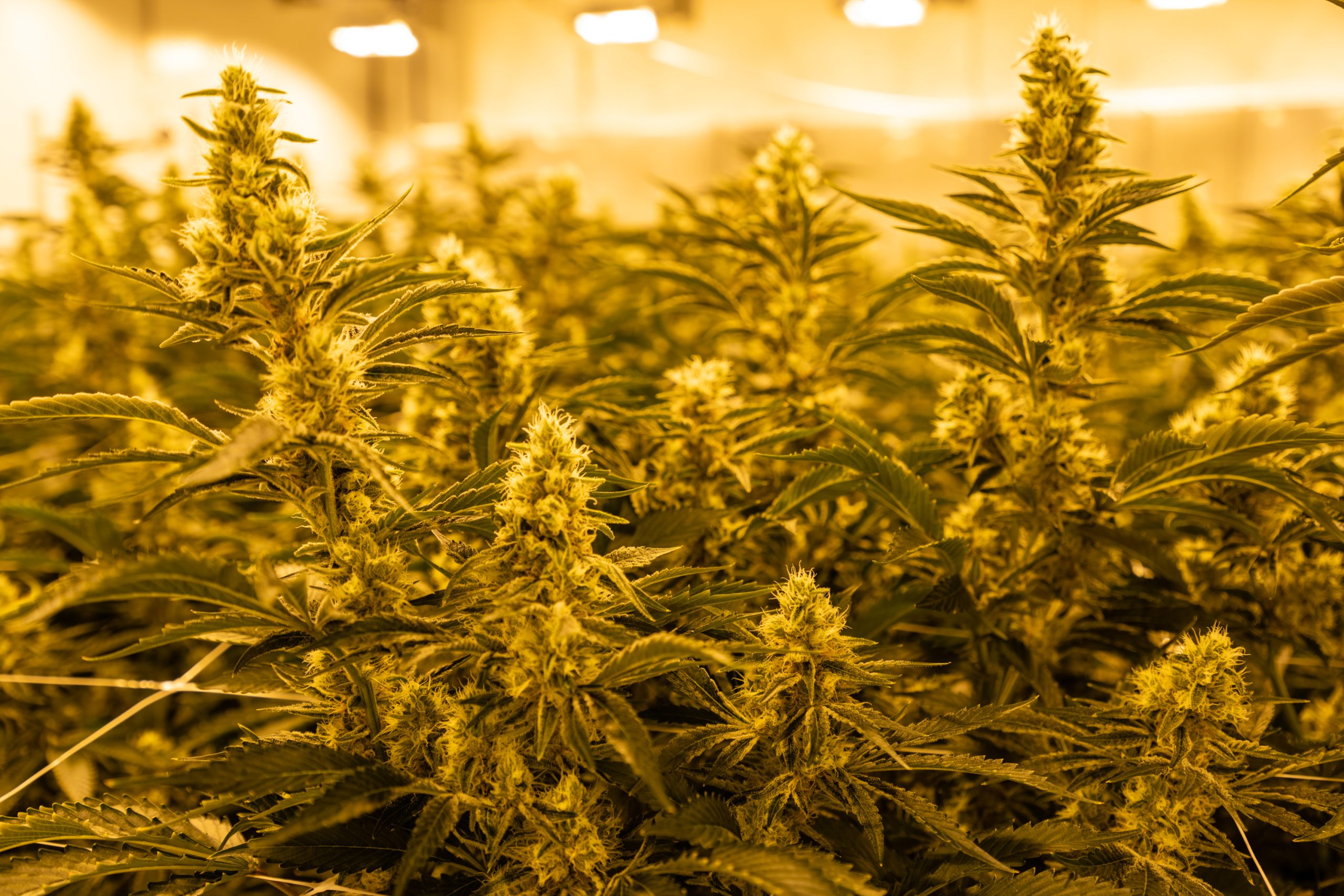
Medical cannabis has gained recognition for its potential therapeutic benefits in managing various health conditions. However, incorporating it into a treatment plan requires careful consideration and guidance. While Releaf medical cannabis can be beneficial, there are common mistakes that patients should avoid to ensure safe and effective use.
- Self-Medication without Professional Guidance: One of the most significant mistakes is self-medicating withReleaf medical cannabis without consulting a healthcare professional. Everyone’s medical condition and response to treatment are unique, and a qualified healthcare provider can help determine the appropriate dosage, strain, and administration method tailored to your specific needs.
- Neglecting Legal Regulations: It’s crucial to stay informed about the legal regulations surrounding medical cannabis in your region. Failure to comply with legal requirements could result in legal consequences. Always obtain medical cannabis from licensed dispensaries and adhere to the laws governing its use and possession.
- Not Keeping Track of Dosage and Effects: Keeping track of your medical cannabis dosage and its effects is essential for optimizing treatment outcomes. Maintain a journal to record the type of cannabis products used, dosage, frequency, and any observed effects or side effects. This information can help you and your healthcare provider make informed decisions about adjusting your treatment plan as needed.
- Ignoring Potential Drug Interactions: Medical cannabis may interact with other medications or supplements you’re taking, potentially affecting their efficacy or causing adverse reactions. Always disclose all medications and supplements to your healthcare provider to avoid potentially harmful interactions.

- Expecting Immediate Results: Patience is key when using medical cannabis as part of your treatment plan. It may take time to find the right dosage and strain that works best for you, and the effects may not be immediate. Be patient and give your body time to adjust to the treatment.
- Overlooking Non-Smoking Administration Methods: While smoking cannabis is a common method of administration, it’s not the only option. Consider alternative methods such as vaporization, edibles, tinctures, or topical applications, which may offer more precise dosing and avoid the potential risks associated with smoking.
- Not Being Open with Healthcare Providers: Open communication with your healthcare provider is essential for effective treatment. Be honest about your cannabis use, including any recreational use, to ensure that your treatment plan is comprehensive and tailored to your needs.
- Ignoring Potential Side Effects: Like any medication, medical cannabis can have side effects, including dizziness, dry mouth, and impaired cognitive function. Pay attention to how your body responds to treatment and report any concerning side effects to your healthcare provider promptly.





